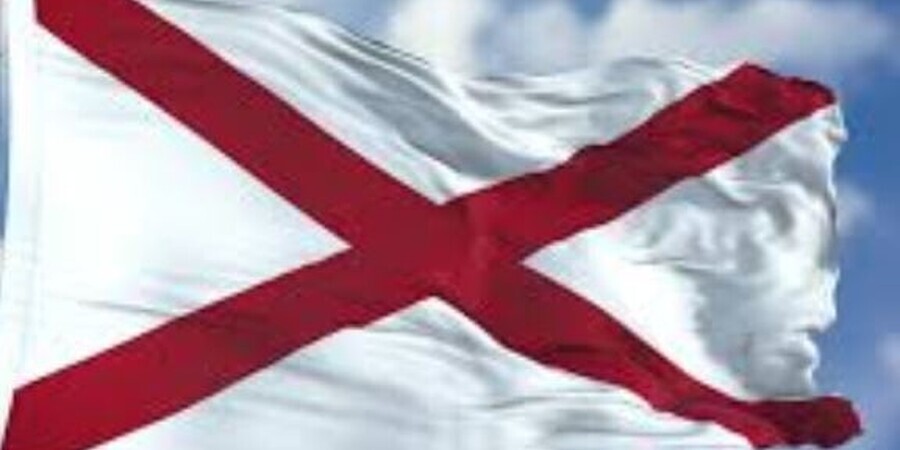ALABAMA - Welcome to Alabama, a state where the place names are a rich, complex, and often baffling blend of Creek, Choctaw, French, and Southern English. If you’re just passing through, you’re probably getting them wrong. The map is littered with phonetic traps. Many of the most beautiful names come from the Muscogee (Creek) language, and they do not follow English rules. Others are French, but they’ve been given a hard Southern stress.
If we have to crown a winner—the single most mispronounced place in the state, one that's famous worldwide yet constantly botched—the title goes to a city known for speed.
The Winner: Talladega
Correct Pronunciation: Tal-uh-DIG-uh
Outside of Alabama, you’ve heard it a thousand times, especially from sports announcers: Tal-uh-DAY-ga. This is the number one sign that someone is an outsider.
The name is derived from the Muscogee Creek words tvla ("town") and atagi ("border"), meaning "border town." Locals will passionately inform you that the town, the county, and yes, the Superspeedway, are all pronounced Tal-uh-DIG-uh. The "dig" is sharp and clear, replacing the lazy "day" sound that visitors try to insert.
The Runner-Up: Mobile
Correct Pronunciation: Mo-BEEL
This is the ultimate stress test. You see "Mobile" and your brain defaults to MO-buhl (like the adjective) or MO-bile (like a hanging sculpture). Both are wrong.
This historic port city, which boasts of being the birthplace of Mardi Gras in America, has French roots, and the pronunciation reflects that—sort of. The emphasis is entirely on the second syllable, with a long 'e' sound: Mo-BEEL. If you stress the first syllable, you might as well be wearing an "I'm not from here" t-shirt.
The "Alphabet Soup" Hall of Fame
This is where the Muscogee (Creek) and Choctaw languages shine, leaving a legacy of beautiful, rhythmic, and challenging names.
1. Wetumpka
Correct Pronunciation: Wee-TUMP-kuh. This small city, known for its meteor impact crater, looks like a typo. It’s not We-tump-ka. The name comes from the Creek words for "rumbling water," and the pronunciation is a quick Wee-TUMP-kuh.
2. Opelika
Correct Pronunciation: Oh-puh-LIKE-uh. This is not Op-uh-lee-ka. The stress is on the "LIKE." It’s a Muscogee name meaning "large swamp," and it’s one of the most melodic names in the state—if you say it right.
3. Sylacauga
Correct Pronunciation: Sil-uh-KAW-guh. Famous for its pure white marble, this town’s name is another Creek original. Visitors often get lost in the middle, but the key is the hard "KAWG" there.
The "Not How It Looks" Section
Finally, there are the towns that look simple but are lying to you.
- Conecuh: You see "Conec" and think "connect." You're wrong. It's Kuh-NECK-ah (like "connect" but with an 'ah'). It's the name of both a county and a river.
- Arab: It is not A-rab (like the ethnic group) or Ah-RAHB. It is AY-rab. The town was supposedly named by its founder, Arad Thompson, in 1882 after his son.
- Lafayette: This is not the French Lah-fay-ETTE. In Alabama, the French get a Southern twist. It is Luh-FAY-it.

So, when you go to the race, remember: it’s the Tal-uh-DIG-uh Superspeedway.


